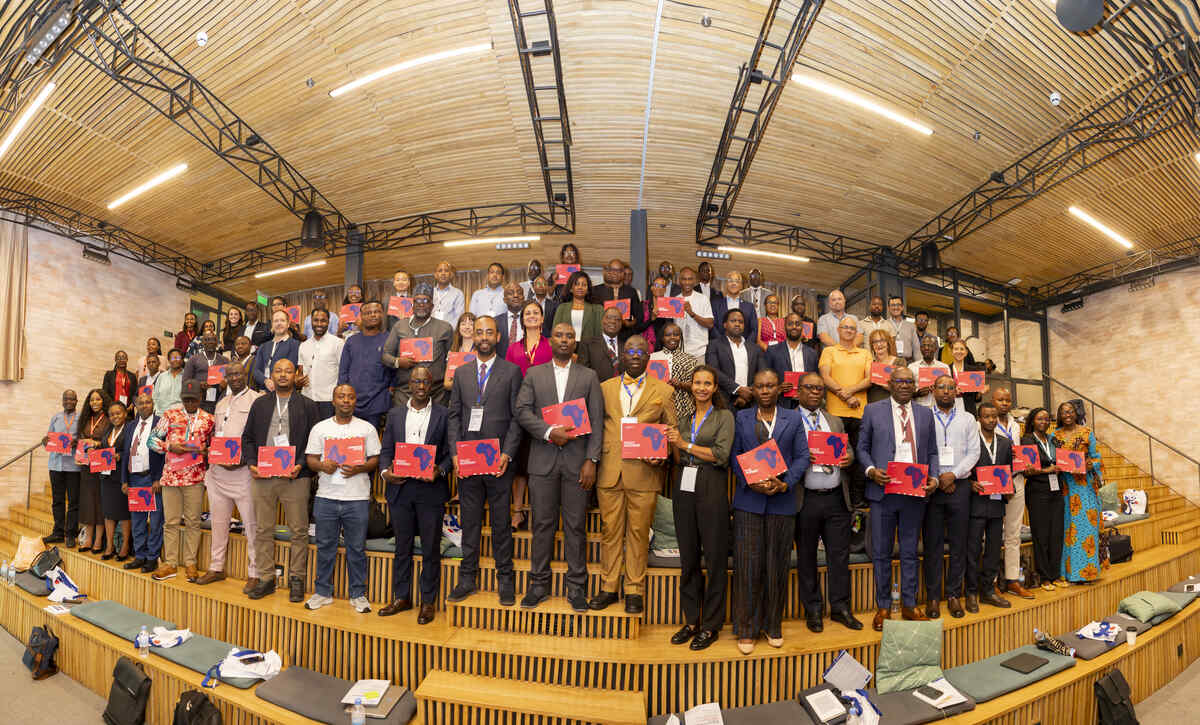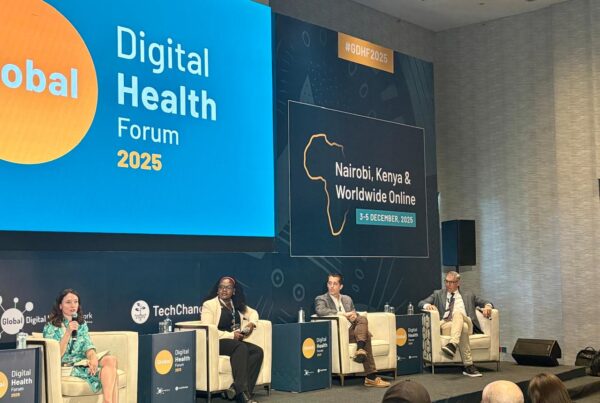The 2024 HealthTech Policy Summit and Investor Summit at HealthTech Hub Africa in Kigali, Rwanda have set the bar high by furthering health technology and policy across the African continent. With four days of sessions, discussions, and networking, these summits highlight an expanding HealthTech landscape in Africa by showing efforts toward meeting some of the most complex health challenges through policy alignment, data sharing, funding mechanisms, and scalable solutions for health systems.
The Policy Summit and Investor Summit gathered a wide range of stakeholders-from governments to startups, investors, and leaders in the healthcare sector-to discuss important issues regarding policy reform and regulatory frameworks that can collaboratively provide methods to scale health technology solutions in an effort to reflect, or so it would appear, the progress Africa is making toward integrated digital health systems and emerging technologies.
HealthTech Policy Summit 2024: Strategic Steps for Unified HealthTech Policies
Pioneering the creation of a collaborative policy foundation, special attention was given to the newly launched HTHA Policy Blueprint 1.0 at the HealthTech Policy Summit held from October 28-29, 2024. This Blueprint is a result of an intensive, multi-country consultation process carried out over the last year, involving participation from more than 43 stakeholders across government, HealthTech startups, and NGOs from 11 African nations. Key countries represented included Ethiopia, Kenya, Nigeria, Senegal, and Rwanda-all providing insights into challenges and policy needs across regions.
The Blueprint was a comprehensive guide for African governments on the adoption of effective HealthTech policies, three of which were Data Interoperability, Licensing, and Public Procurement. The priorities were the result of identified critical challenges through consultations, including complex and time-consuming licensing processes, infrastructure at best inadequate, and no policy of harmonized sharing of data.
For the purpose of solving these issues, there exist three thematic working groups under the Blueprint, each with a different focus and responsibility:
Data and Data Interoperability Working Group: The Working Group develops safe, interoperable health data ecosystems. Activities include developing the governance frameworks for continental priorities in data sharing in close collaboration with regional bodies such as the Africa CDC. A current specific piece of work is to develop a “data sandbox” in which HealthTech solutions can be tested in a safe environment with local and global partners. If this team does its work on data governance and privacy concerns, it will have built quite a strong foundation for health data innovation in Africa.
Licensing Working Group: The Licensing envisions the facilitation of HealthTech licensing across Africa, ensuring easier scaling up of innovations. They are working on developing a harmonized digital licensing framework and have proposed a “licensing passport” model whereby HealthTech products approved by one country’s regulatory body would be recognized across regions. To that end, reduced administrative burdens and streamlined regulation will promote rapid expansion and scaling up of impactful HealthTech solution implementation.
Public Procurement Working Group: responsible for drafting guidelines on ethical HealthTech procurement and ensuring the smoothening of the procurement process. The aim here is to bridge the gap between HealthTech startups and national health systems through public-private partnership deals. This group further aspires to create knowledge-sharing platforms that would lead to increased institutional capacity in ensuring that the public procurement of HealthTech solutions is sustained with impact across African nations.
The expected outcomes of the events are the formal adoption of Policy Blueprint 1.0 and the launching of the expanded Pan-African IWG that will take the lead for the thematic groups in ensuring that the national and regional health policies are aligned to the objectives of the Blueprint. The leaders also pledged to collaborate hand in glove with governments, innovators, and other stakeholders in pursuit of the adoption of HealthTech policy, realizing that a collective approach is rather important in combating the singular difficulties facing the health system in Africa. By the end of the summit, attendees indeed charted an implementation roadmap with defined goals for the next year and beyond.
Investor Summit 2024: Empowering HealthTech Startups and Strengthening Financial Ecosystems
The Investor Summit on 30-31 October, 2024, would catalyze further funding and partnerships for HealthTech startups. Under the theme, “Innovating for Community Health, Resilience, and Wellbeing,” this summit provided an avenue to showcase scalable solutions in artificial intelligence, telemedicine, and digital health infrastructure by African HealthTech innovators to investors and industry leaders.
One of the highlights of the Investor Summit was the launch of the Standards and Interoperability Lab-a trailblazing initiative that seeks to meet the requirement for harmonized health data exchange across Africa. This will provide a sandboxing environment where HealthTech solutions can be fine-tuned in meeting interoperability standards that will guarantee their seamless integration into national health systems. This would squarely hit at the data solutions articulated during the Policy Summit and therefore be a major step toward frictionless data sharing and collaborative innovation across jurisdictions. Other themes and observations from the Investor Summit included:
Investment in ICT Infrastructure: The stakeholders also said that with the electronic medical records and telemedicine being HealthTech solutions which require a strong technological backbone, much more investment would be required in the ICT infrastructure. It comments that this is a key requirement to deploy HealthTech solutions at scale, which includes artificial intelligence deployment to support healthcare delivery.
Innovative Financing Mechanisms: Participants discussed innovative financing solutions beyond traditional investment models; instead, they talked about partnerships with donors and public-private financing. These are designed to attract the required financing for HealthTech initiatives, especially in the most deprived communities and areas of need.
Startup Regulatory Guidance: Similarly, there were calls for simplified regulatory procedures that lower the barriers for startups. During these discussions, some recent developments in Kenya’s Digital Health Act of 2023 and the efforts toward a National Digital Health Policy by Ghana showed African nations making responses to this need for HealthTech-friendly regulations. Sharing experiences and best practices brought into light the opportunity for startups to gain valuable insight into how to align their solutions with local and regional regulatory requirements.
The Investor Summit concluded with the pitch sessions, wherein the startups presented their innovations in front of potential investors. That provided a unique avenue for startups to connect with financiers eager to invest in impactful health solutions. A number of investors were optimistic about Africa’s HealthTech sector as it is expected to grow and improve access and resilience in pluralities of communities.
Success and Path Forward
Both summits had their effective outcomes, which initiated concrete steps toward driving the HealthTech industry in Africa. While the HealthTech Policy Summit crystallized the need for structured and collaborative policy frameworks, the Investor Summit brought to the fore the financial and infrastructural support that would make those policies a tangible reality through implementation mechanisms.
Each summit specially emphasized the need for a joint approach, and thus through discussion and partnership, governments and investors laid the way to the emergence of a sustainable HealthTech ecosystem in Africa.
For those who could not attend, additional information on each summit can be accessed here:












